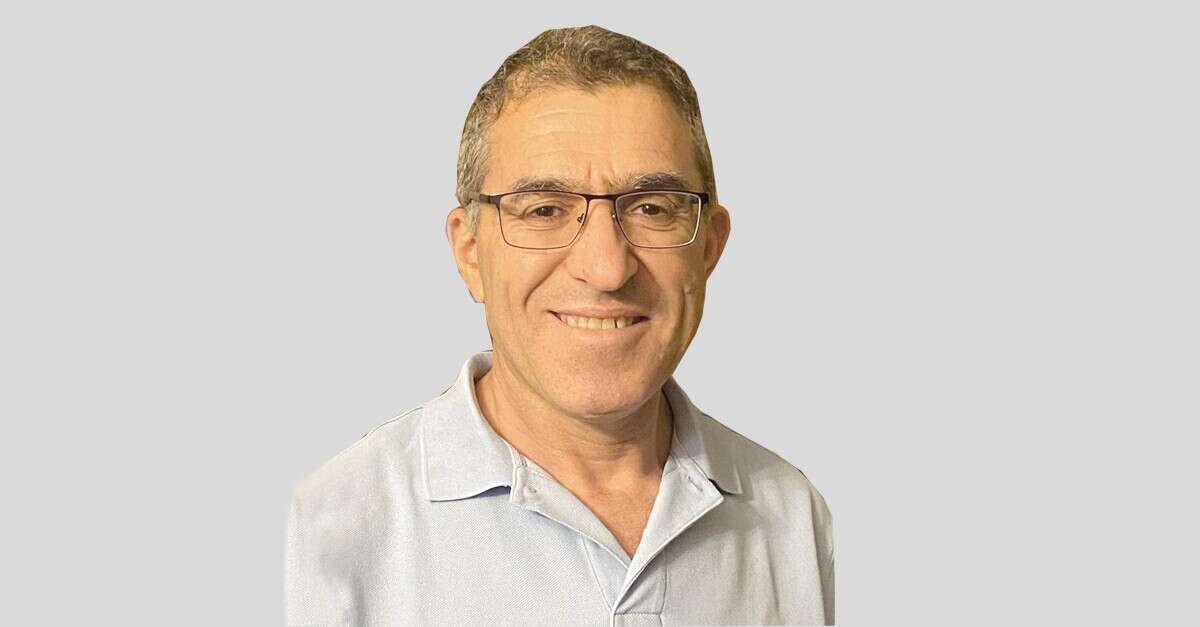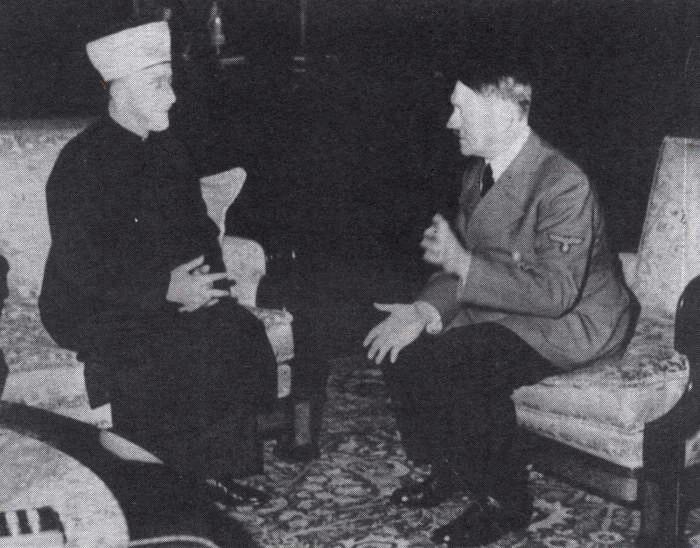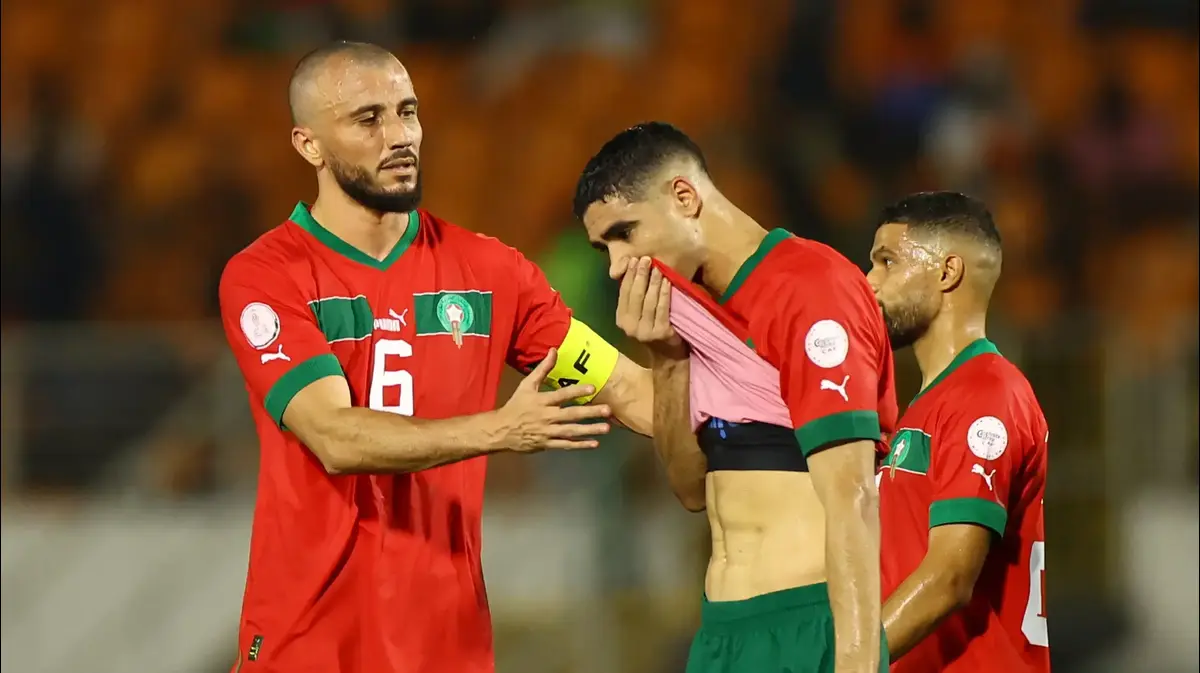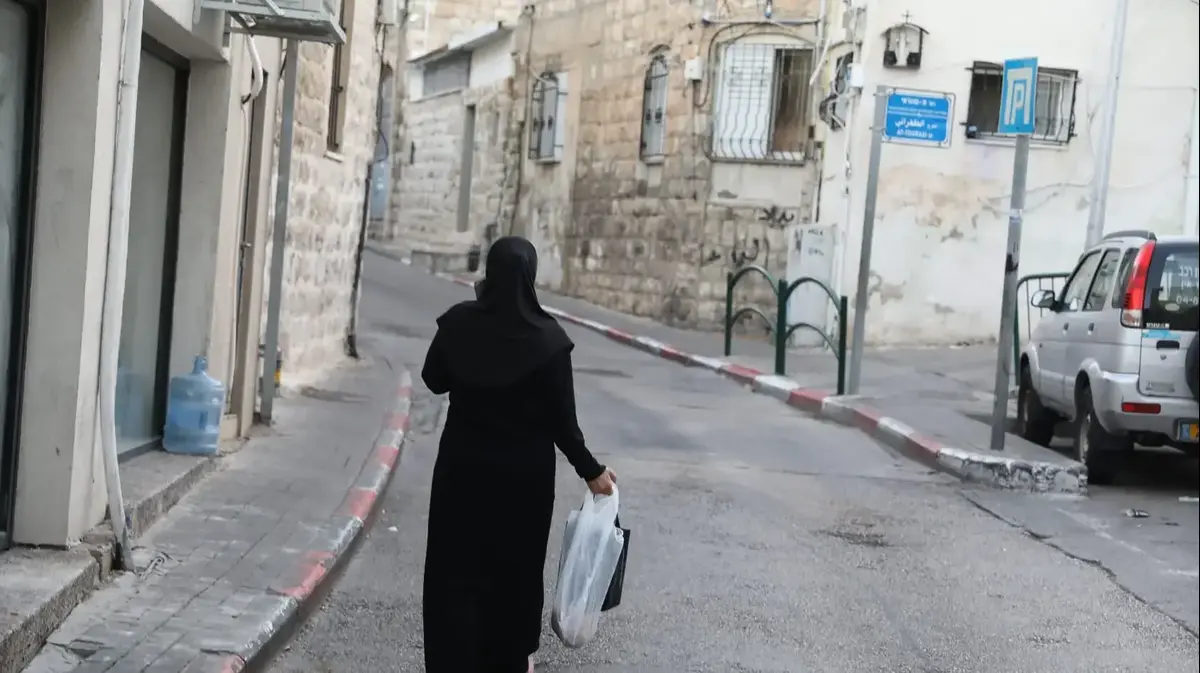Despite the Israeli Arabs' well-founded and poignant claims of political inequality, they for the most part prefer to be part of the State of Israel. The current generation of political leaders of Israeli Arabs has achieved a beautifully drafted identity duplication but lacks significant political achievement in practice. At the declarative level, they saw themselves as Palestinians for all intents and purposes, but in practice struggled to achieve full equality of rights in the democratic state of Israel. These seconds have characterized Israeli Arab leaders over the years. They ranged from referring to Israel as the "occupation entity" and a demand for equal rights there. For example, many of the triangular Arabs saw themselves as Palestinians, but strongly opposed the political ideas to join the PA in any future order.
Israeli Arabs must ask themselves honestly: What did they earn from the joint list? How far has this strategy promoted their interests and their civic integration? It is clear that the shared list is not a homogeneous and conceptually natural group. It is a glue-free conglomerate whose accomplishments are largely declarative. The united Arab front and its striking political style directly fueled the Jewish-Zionist parties' fear of political dependence on the Arab voice.
It is clear that Israeli Arabs did not support the common list with admiration for its political leaders, but in response to their political defiance and cynical use of them for electoral needs. But the dual approach of current Arab politics has exhausted itself, and it is time for pragmatism and effectiveness.
This expectation of new Arab leadership, which will receive widespread support, also requires the Jewish majority in Israel to build acceptable arrangements with the Arab minority, enabling a de facto shared life. Israeli politicians will have to stop rhetorical use of Israeli Arabs for electoral needs. Neither the slogan of Israel is our home "without loyalty - no citizenship", nor the "Arabs flock to the polls" of the Likud.
The young generation of Israeli Arabs, the fourth generation, is pragmatic. He plays soccer in the Israeli national team, storms higher education institutions, serves in such professions as medicine in hospitals, high-tech and public office, builds the state and enjoys its business space and fits into the middle class. This is a more Israeli generation, a generation that will not settle on the mediation between the State of Israel and the Palestinian Authority.
At the beginning of its 73rd year, as the State of Israel faces major regional and economic challenges, it seems that it is time for the establishment of a joint Arab-Jewish social movement, which will be the basis for the growth of new Arab-Jewish politics. A movement that works to promote integration and coexistence, away from the populism and cynicism that characterize old politics.
The developing national unity government should see the integration of Israeli Arabs as a vital national mission. The role of the Arab minister designated in the next Israeli government will be to encourage the de facto integration of fourth-generation Arabs. Growing up as an Israeli, this fourth generation is also a global generation and open to a new political idea. No longer a choice between boycotting elections or a joint list, but a third way of pragmatism and pluralism. A generation that will not miss the provocative performances of Hanin Zoabi on the story of the Marmara, nor the political barbarian and idle speeches of the old political guard.
Dr. Anan Wahabi teaches political science at the University of Haifa
A third way of Arab politics
2020-05-04T21:20:34.225Z

Enan Wahbi







/cloudfront-eu-central-1.images.arcpublishing.com/prisa/WSNECNUQHRCE3GAWKD2U46FD6Q.jpg)
